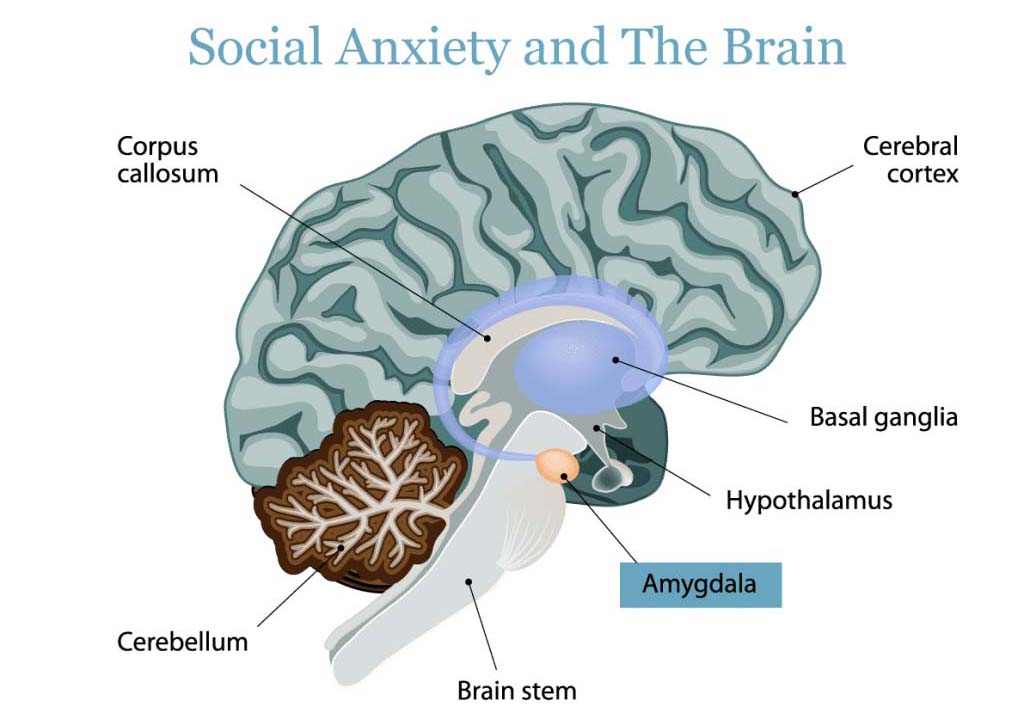
Anxiety Disorder
What are some of the causes of anxiety?
Anxiety can be the result of any number of areas, such as: negative thought patterns, past traumatic situations, emotional overwhelm, a stressful lifestyle, suppressed grief, physiological challenges (not enough rest or sleep, poor nutrition or not eating or exercising frequently enough) or from illness. Anxiety can also form part of a mental illness, such as bipolar, schizophrenia, and is often paired with depression.
What do we do to help reduce a client’s anxiety?
When a PLP counsellor works with clients who have anxiety, we offer hope, educate the client on anxiety, the contributing factors, and advise the client on what they can do every day to reduce the symptoms or heal the anxiety. We outline anxiety’s impact on the limbic system (part of the brain) and how this negatively impacts the nervous system, resulting in the physical reactions. We outline how anxiety and the neurotransmitters (brain chemicals) work for or against the client.
Education on Anxiety usually causes reduction in Anxiety Symptoms:
By educating clients on why anxiety could be happening, and then working strategically on each area that needs improving, the client begins to feel more empowered… and is more likely to progress towards fast healing. We also teach the clients strategies to help them get through a panic attack, and to give them grounding techniques when they need it the most.
What techniques can be used to assist clients to recover from anxiety?
To assess our clients, we use The Crisis Wheel/Life Balance Wheel for eight pivotal areas (Book: Are You Listening? Life is Talking to YOU). This gives a score of how well the client is coping in this psychosocial assessment. We can refer back to this score in a few sessions to see the progress in the client’s life. We then get to work – assisting the client with their specific needs based on this assessment.
We use any number of therapies to achieve the desired result.
We also ask that the client does weekly homework, as a catalyst for fast change. The PLP also includes rapid conscious and subconscious thought pattern change due to the Iceberg tool, which helps to identify the clients dysfunctional and helpful subconscious patterns. Many other therapies, such as CBT (Cognitive Behaviour Therapy), RET (Rational Emotive Therapy), Behaviour therapy, Gestalt therapy, Solution Focused Therapy, Relationship Therapy, Grief therapy, Assertiveness training, Anger management, are utlized, as well as innovative tools to change thought patterns, reduce depression symptoms, and improve self-esteem…and more.
How long does it take to help most clients improve (or heal) their anxiety?
While The PLP (Passionate Life Program) Addiction Counselling is highly structured, it is also tailor-made for each client, and very Carl Rogers – ‘Client led’. Based on high empathy, love, and patience, the client experiences healings in many areas, before addiction is addressed. We use an eclectic approach, that is entirely client centred, covering behavioural, psychological, medical, subconscious, quantum physics, mind/body/spirit, and more… and therefore fast and efficient.
Clients often say that they have achieved their goals in less than six sessions. In saying this, clients with chronic anxiety, who have battled with for a lifetime, will not necessarily experience complete healing in 6 sessions. They will instead, experience dramatic improvement of the symptoms of Anxiety.

